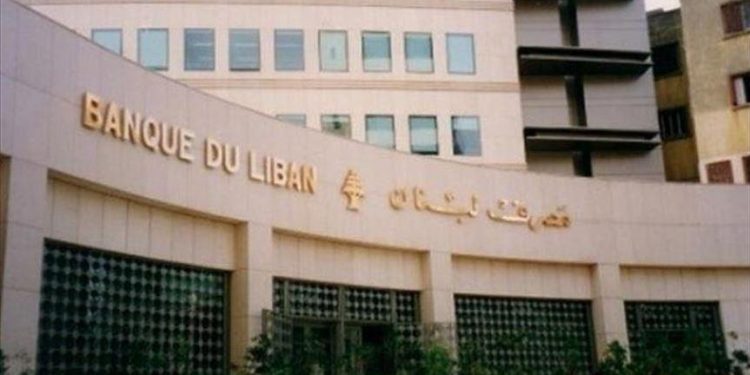Gaza Post-Agencies
Lebanese markets are keeping an eye on serious measures to curb the dollar
BEIRUT: The dollar exchange rate continued its drop on the black market in Lebanon on Saturday, posting £ 27,650 against the dollar, a decline of £ 11,000 in less than 18 hours.
The drop was a way to ease people’s anger and calm the markets just days before the newly elected parliament meets on Tuesday to elect a speaker, vice president and parliamentary committees.
The Lebanese national bloc said Speaker of Parliament Nabih Berri was focused on renewing his term as the country was competing against what it called “a great collapse” and the health sector was warning of the impending collapse of hospitals.
Berri is expected to win re-election for the sixth time, despite opposition from Christian parties and opposition parliamentary blocs.
Berri is expected to receive about 60 votes from members of his bloc, Hezbollah deputies and deputies from his allies, far fewer than the 98 out of 128 votes obtained in the previous parliament.
A political observer said that the position of vice-president, reserved for an Orthodox deputy, had almost been secured to MP Elias Bou Saab of the Free Patriotic Movement bloc, although the bloc refused to vote for Berri as president.
On Friday, the dollar exchange rate surpassed £ 38,000, creating unprecedented chaos across sectors and provoking popular anger.
The dollar rate began to decline rapidly after central bank governor Riad Salameh announced on Friday that individuals and institutions can buy dollars from banks at the Sayrafa rate on a daily basis.
Trading markets saw a state of shock on Saturday. Some stores have stopped selling goods waiting to see if the dollar rate would stabilize early next week.
An employee of a private company said he converted his salary into LBP when the dollar rate was at its peak on Friday, fearing it might lose more than its value if he kept the sum in Lebanese pounds.
However, the significant drop in the exchange rate of 10,000 Lebanese pounds on Friday night shocked her, as the value of her salary depreciated significantly.
Finance Minister Youssef Khalil has estimated the black market trading volume at $ 5 million per day.
The volume of trading on the Sayrafa platform exceeds tens of millions of dollars per day, he said.
“This means that the uncontrollable rise in the dollar rate is not normal, which supports the hypothesis that some people would create this exchange gap and are responsible for the high exchange rate of the black market for political and commercial reasons or to create panic in the markets. ”
Economics expert Walid Abou Sleiman said the central bank was intervening in the market to absorb the Lebanese pound money supply to prevent speculation and to reduce the margin in the financial market – aka the Sayrafa platform – where the rate exceeded the 12,000 Lebanese pounds.
This procedure could be temporary and contributes to the decrease in the dollar rate, he said, but added: “What matters is sustainability.”
Abou Sleiman said that “the fight against speculation does not happen through these procedures, but through a central platform that limits trading for purchases and sales”.
The central bank governor has asked banks to keep their branches and funds open until 6pm for three consecutive days starting Monday to meet citizens’ demands to buy dollars at the Sayrafa price.
The governor’s circulars postpone the explosion “for a few days”, underlined the Lebanese National Bloc.
The bloc believes that “the collapse scenario could have been avoided if the necessary reforms had been applied to restructure the debt and the banking sector, as well as taking the necessary decisions to unify the exchange rate and strengthen administrative and judicial oversight”.
The blockade also believed that it could have been avoided even if Prime Minister Najib Mikati’s cabinet had not waited until the last session to propose his financial bailout in an attempt to circumvent the people and the international community, when for all his mandate was busy protecting cartels and bankers.
“The solution is to elect parliamentary bodies and committees within the next week and start electoral consultations to form a bailout government that does not adopt sectarian appropriations,” he said.
He called for the implementation of the financial reforms required by the IMF and the formulation of an integrated plan to strengthen the economy.

















